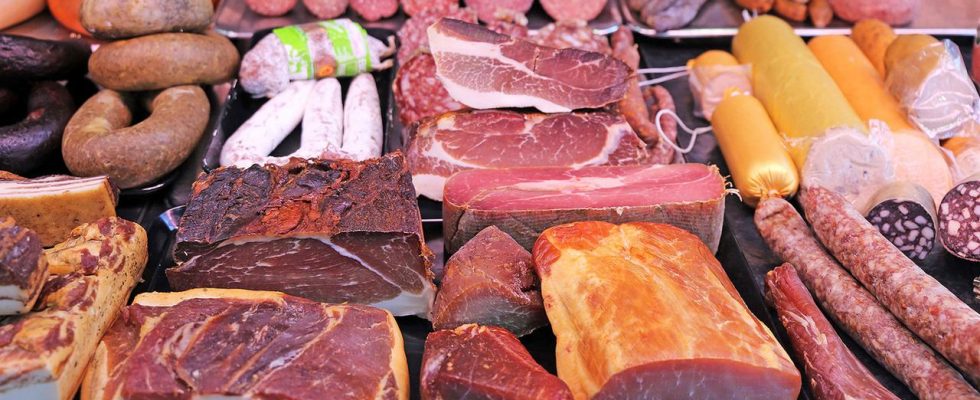Steak, sausages and salami should become more expensive in the future. At least that’s what the Agriculture Future Commission recommends. The experts want consumers to share in the costs of greater animal welfare. This met with resistance from the farmers’ association.
There should be more animal welfare in German stables. But who is financing the conversion of livestock farming? The Future Commission for Agriculture (ZKL) proposes to increase the VAT on meat products. An increase in the reduced VAT rate for animal products from currently seven percent would be comparatively easy to implement, argued the government’s advisory committee in a key points paper that was available to the AFP news agency.
“In the medium term, significantly more funds will be needed to convert livestock farming in order to include a growing number of participating companies and other animal species,” the paper says. The conversion of animal husbandry for greater animal welfare must “start with secure long-term agreements with the animal owners”.
Low-income households must be compensated “because they are disproportionately burdened by their relatively high expenditure on food,” said the commission.
Agriculture Future Commission
The so-called Future Commission is intended to develop proposals for future-proof and sustainable agriculture in Germany on behalf of the federal government. The commission is made up of around thirty representatives from agricultural and trade associations as well as consumer, animal and environmental protection organizations.
Özdemir welcomes expert suggestion
Federal Agriculture Minister Cem Özdemir welcomed the Commission’s proposal. The ZKL suggests gradually increasing the VAT on meat and at the same time setting it to zero on fruit and vegetables. This “would also have a health-promoting steering effect and would therefore also support arable farmers and horticulture,” said the Green politician.
Özdemir had proposed financing state support for stable conversions through an excise tax on animal products. “But I have always emphasized that I am open to other financing methods – for example via VAT,” he now explained.
Criticism from the German Farmers’ Association
The German Farmers’ Association (DBV), however, rejected the proposal. “We reject a VAT increase on the standard rate or an animal welfare cent,” explained association president Joachim Rukwied. “The money for animal welfare conversion must come from the federal budget.”
Özdemir criticized this attitude: “What is not possible is to reject every feasible proposal and not to present an alternative that can reach a consensus.” So far there is no willingness within the traffic light coalition to spend more money on barn conversions in the federal budget.
Praise for the proposal for a higher VAT on meat came from the environmental association BUND, which is also a member of the ZKL. This is an “effective step towards creating the financial resources for greater animal welfare and for the future prospects of animal farming businesses”. The coalition factions should now “not talk down” this consensus.
Meeting with Chancellor Scholz
Chancellor Olaf Scholz (SPD) has invited the ZKL experts to the Chancellery for a discussion tomorrow. The key issues paper should also be discussed at this opportunity.
In it, the committee, in which the DBV is also represented, also makes suggestions for reducing bureaucracy in order to strengthen the competitiveness of the agriculture and food industry and for the further development of the EU’s common agricultural policy.
Uwe Jahn, ARD Berlin, tagesschau, April 10, 2024 3:00 p.m

